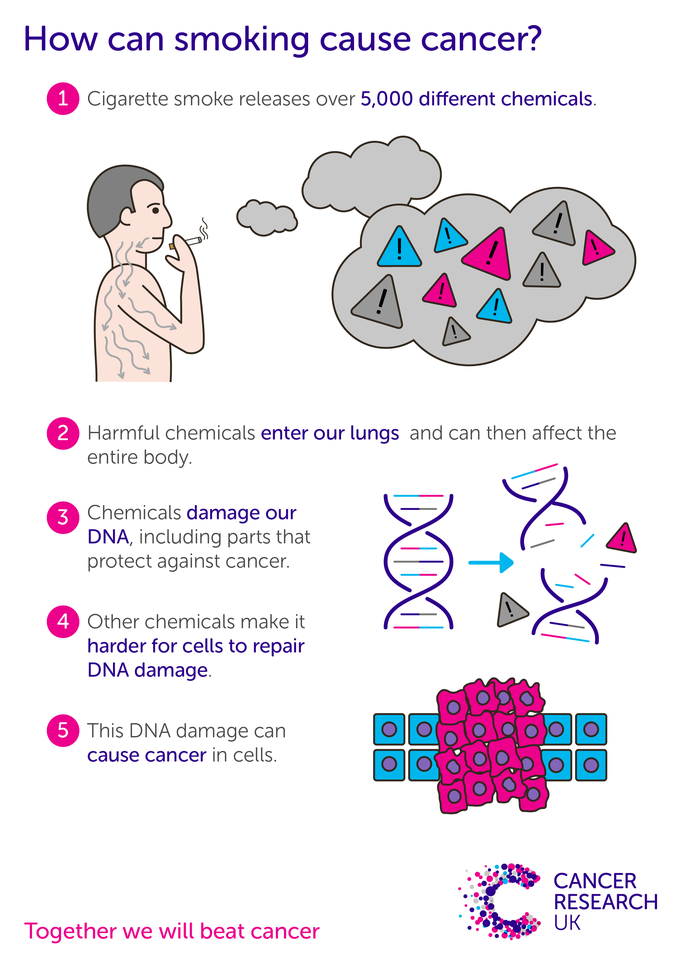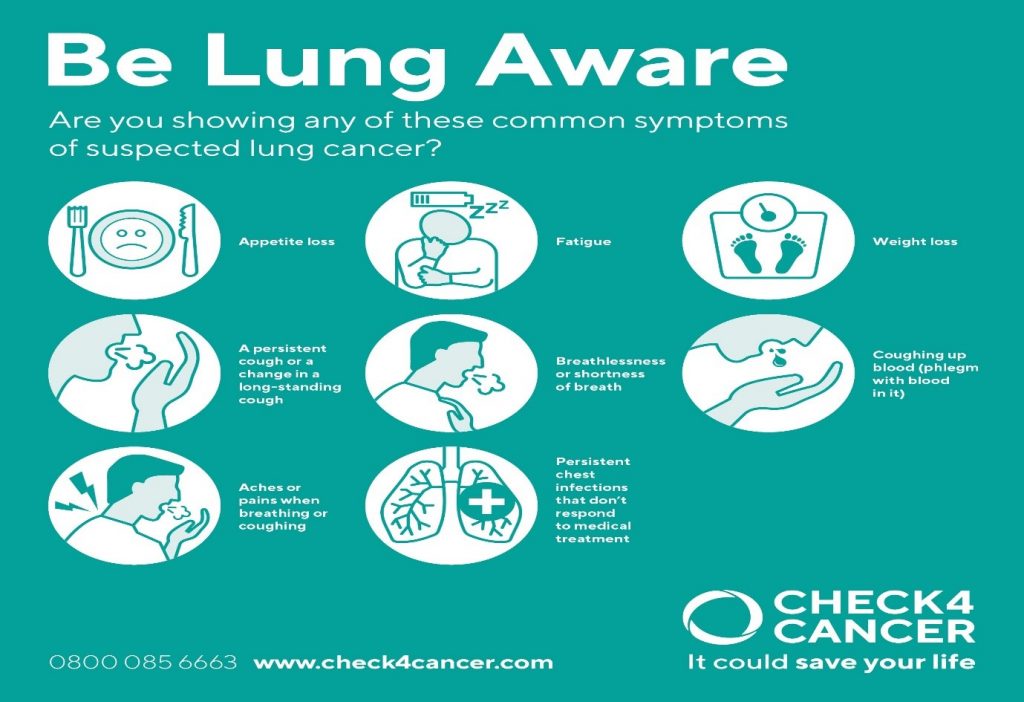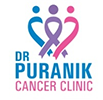Lung Cancer

Introduction
- Worldwide, lung cancer occurred in approximately 2.2 million patients in 2020 and caused an estimated 1.8 million deaths
- The majority of patients with lung cancer have advanced disease at clinical presentation. This reflects the aggressive biology of the disease and the frequent absence of symptoms until the locally advanced or metastatic disease is present.
- Lung cancer is the leading cause of cancer deaths worldwide in men and the second leading cause in women
- 5-year survival rates remain poor as more than 60-70% are diagnosed in the advanced stage due to a lack of awareness about the disease
- We at Dr Puranik Cancer clinic offer the best lung cancer treatment with all the latest treatment options being available like targeted therapy, biological therapy and immunotherapy. We also offer screening advice for lung cancer and genetic counselling for lung cancer
Sign And Symptoms
- Common symptoms are persistent cough, shortness of breath, coughing up blood, chest pain, fatigue, loss of weight, hoarseness of voice, reduced appetite.
- The most frequent sites of distant metastasis are the liver, adrenal glands, bones, and brain
- Pain in the back, chest, or extremity, and elevated levels of serum alkaline phosphatase are usually
present in patients who have bone metastasis. The serum calcium maybe
elevated due to extensive bone disease. Approximately 20 per cent of patients
with non-small cell lung cancer have bone metastases on presentation
Symptoms from central nervous system metastasis are similar to those with
other tumours and include headache, vomiting, visual field loss, hemiparesis,
cranial nerve deficit and seizures.(See’Brain’above.) - Hypercalcemia in patients with lung cancer may arise from tumour secretion of
parathyroid hormone-related protein or, less commonly, from extensive bony
metastases.


Risk Factors
Risk factors for lung cancer are smoking, air pollution, exposure to radon, arsenic etc, genetic causes and passive smoking.
- Smoking tobacco products (primarily cigarettes) is the most important risk factor for the development of lung cancer. Secondhand smoke is also a significant cause of lung cancer.
- Cigarettes — The primary risk factor for the development of lung cancer is cigarette smoking, which is estimated to account for approximately 90 per cent of all lung cancers
- Estimates of the relative risk of lung cancer in the long-term smoker compared with the lifetime nonsmoker vary from 10- to 30-fold
- Various forms of tobacco consumption – E-cigarettes ,Cigars, Pipe, Hukkah , Khaini etc
How Do We Screen For The Lung Cancer?
- People in the age group 55-79 years with 30 pack years may be offered to screen by low dose CT scan.
How Do We Diagnosis Lung Cancer?
- Chest Xray: The first investigation of choice
- Computed tomography
(CT)scan of the chest and upper abdomen (usually contrast-enhanced) to
evaluate the extent of the primary tumour and potential spread to the
mediastinum, liver and adrenal glands - Positron emission tomographic scanning (PET) or integrated
PET/CT - Gadolinium-enhanced magnetic resonance imaging
(MRI) of the brain isused to evaluate symptomatic patients for brain metastases
and to assess asymptomatic patients with clinical stage III or IV NSCLC.
How Is Lung Cancer Is Treatec?
- Early stage ring concerns can be used by surgery followed by radiotherapy and chemotherapy.
- Advanced /stage IV cancer patients are offered chemotherapy, immunotherapy, targeted therapy as per their molecular testing reports.
- Immunotherapy and targeted therapies here improved survival rates of stage II patients.
